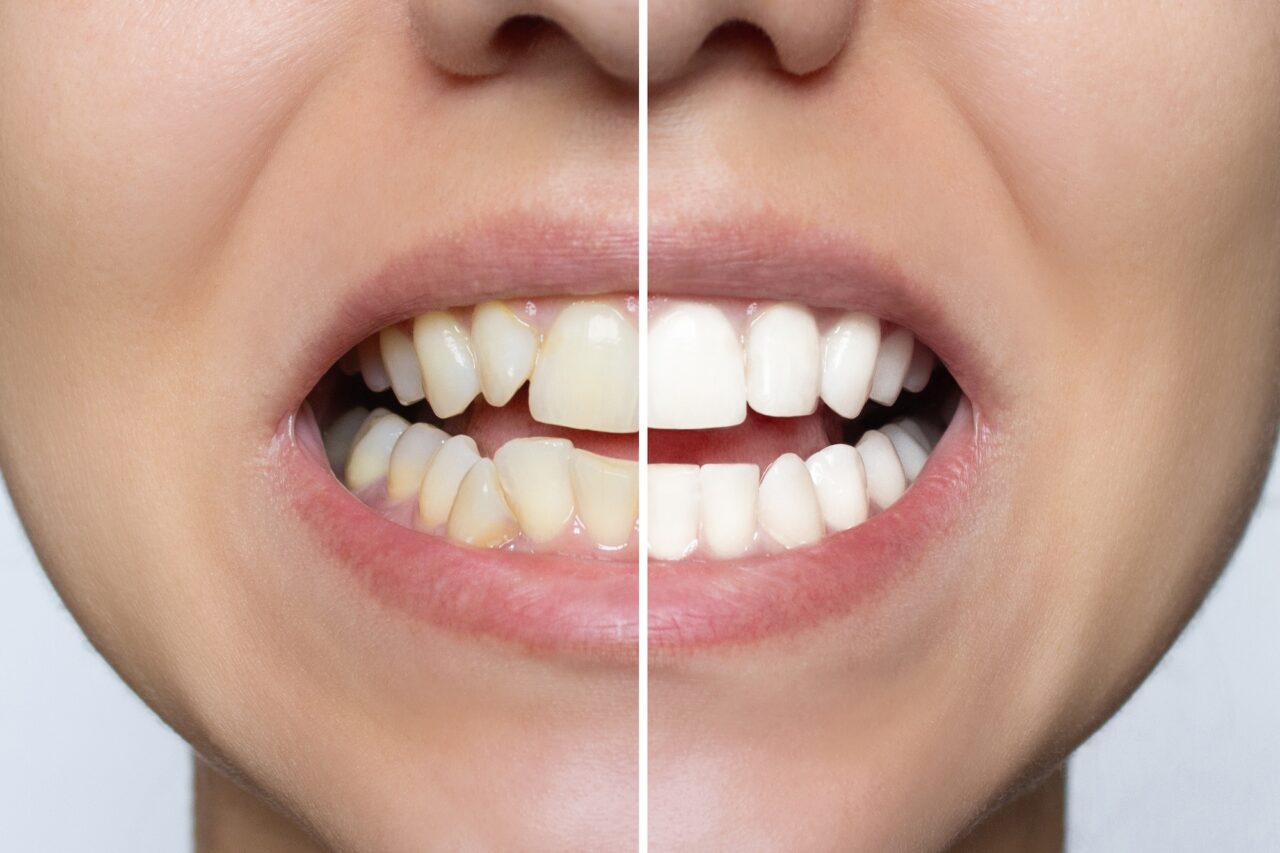Teeth straightening surgery, also known as orthognathic surgery, offers a transformative solution for those struggling with severe jaw misalignment or dental irregularities. While traditional braces work for many, some cases require surgical intervention to achieve optimal results and improve both function and appearance. If you’re considering teeth straightening surgery, understanding its benefits, costs, and what to expect can help you make an informed decision about this life-changing procedure.
What is Teeth Straightening Surgery?
Teeth straightening surgery, also known as orthognathic surgery, is a specialized dental procedure designed to correct severe misalignment of teeth and jaws. According to Orthodontics Limited, “Teeth straightening surgery is used to correct conditions of the jaw and face related to structure, growth, sleep apnea, TMJ disorders, and malocclusion problems owing to skeletal disharmonies.”
Benefits of Teeth Straightening Surgery
Improved Oral Function
- Better bite alignment
- Enhanced chewing ability
- Improved speech
- Reduced jaw pain
Enhanced Aesthetic Appeal
- Balanced facial features
- Corrected jaw alignment
- Improved smile aesthetics
Boosted Confidence
- Enhanced self-esteem
- Better social interactions
- Improved quality of life
Who is a Candidate for Teeth Straightening Surgery?
Ideal candidates typically include:
- Adults with fully developed jaws
- Individuals with severe bite problems
- People with facial asymmetry
- Those with jaw-related breathing issues
The Process of Teeth Straightening Surgery
Pre-Surgical Preparation
- Comprehensive dental evaluation
- 3D imaging and treatment planning
- Orthodontic preparation
The Surgical Procedure
Jaw straightening surgeries are typically performed by an oral surgeon or maxillofacial surgeon. The procedure involves:
- Administration of general anesthesia
- Strategic jaw repositioning
- Secure fixation of jaw components
Post-Surgical Recovery
- Initial healing period (6-8 weeks)
- Dietary modifications
- Regular follow-up appointments
Costs Associated with Teeth Straightening Surgery
Factors affecting cost include:
- Complexity of the procedure
- Geographic location
- Insurance coverage
- Additional treatments required
Alternatives to Teeth Straightening Surgery
- According to Healthline, “While traditional braces are effective for many people, they may not be the best option for everyone.” Alternative options include:
- Traditional braces
- Invisalign
- Clear aligners
- Dental veneers
Risks and Complications
Potential risks and complications associated with the procedure include an increased risk of infection, temporary numbness, and a period of adjustment required for bite alignment. In some cases, there may also be a risk of nerve damage, which can affect sensation or function. It’s important to be aware of these possible outcomes and follow post-treatment care instructions to minimize any adverse effects.
Frequently Asked Questions
How long is the recovery period?
Complete recovery typically takes 3-6 months, with initial healing in 6-8 weeks.
Is the surgery painful?
The procedure is performed under anesthesia, but some discomfort is expected during recovery.
Will insurance cover the surgery?
Coverage varies by provider and medical necessity.
Conclusion
Teeth straightening surgery offers a permanent solution for severe dental alignment issues. While considering this procedure, it’s essential to understand all aspects, from benefits to risks.
For personalized advice about teeth straightening surgery and other dental solutions, contact The Dentist LV. Our experienced team can help determine if this procedure is right for you. Schedule your consultation today.
Citations:
1. Orthodontics Limited
3. Healthline


